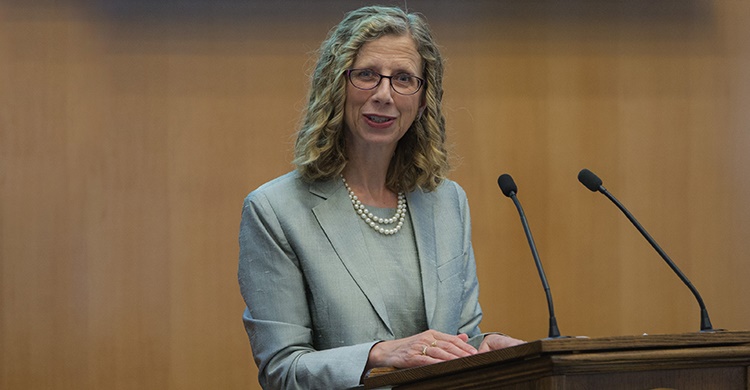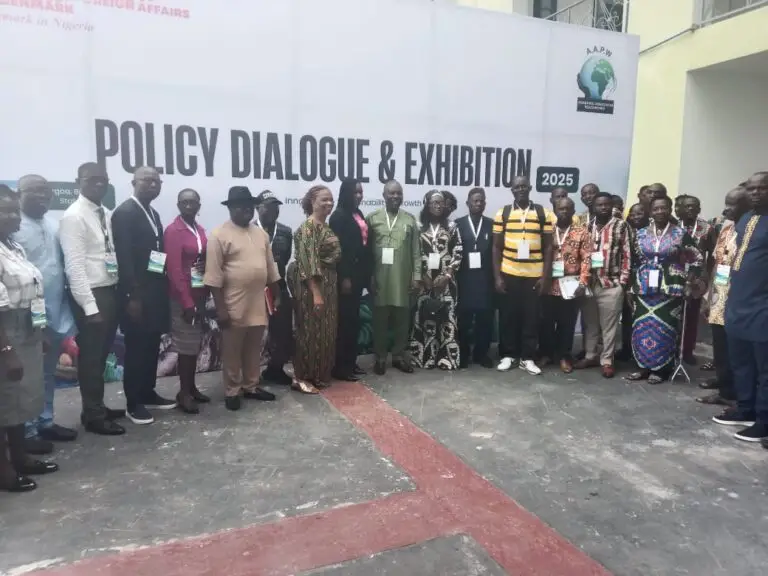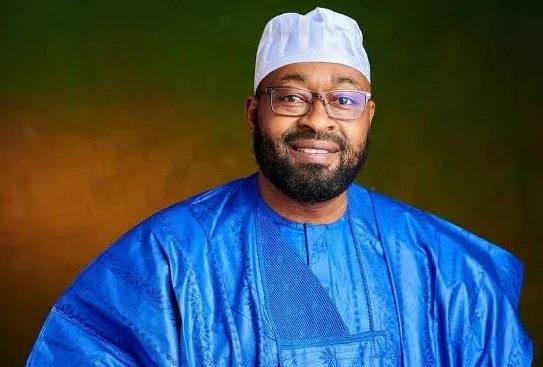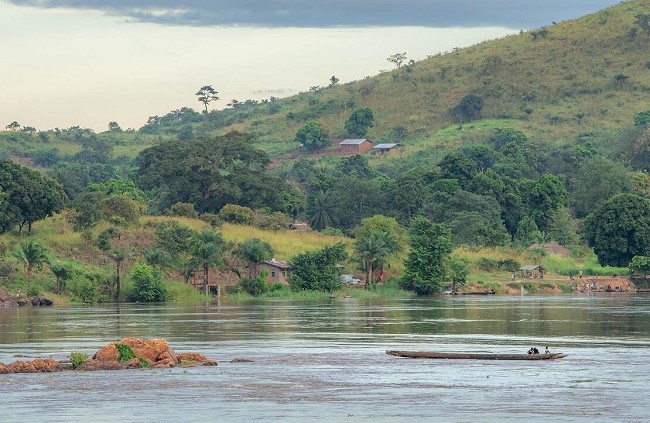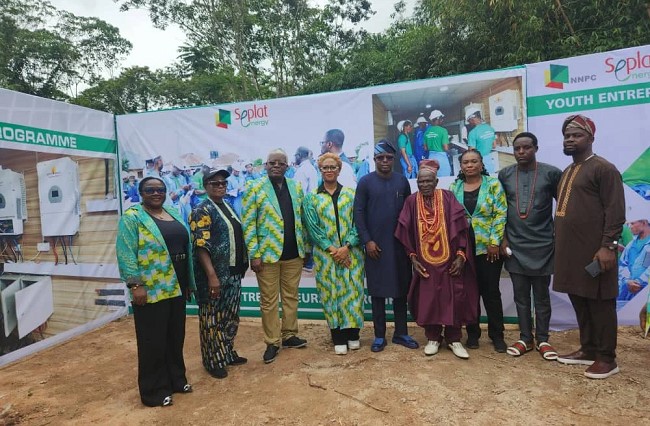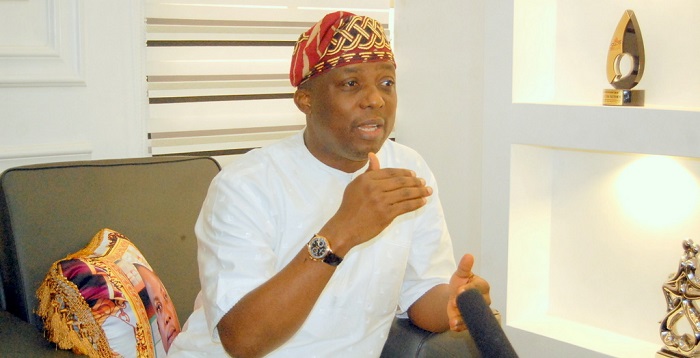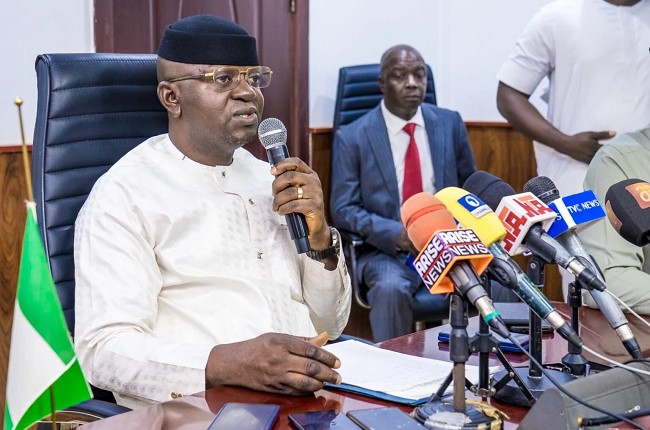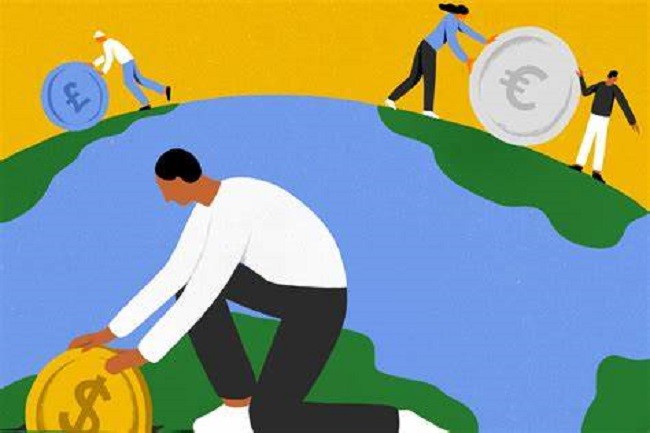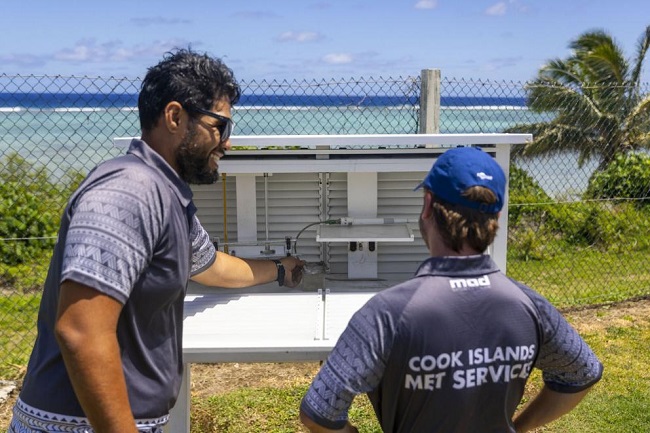A new report by the Community Development Advocacy Foundation (CODAF) has exposed the human rights violations and environmental degradation of host communities by Chinese and indigenous mining companies in Nigeria.
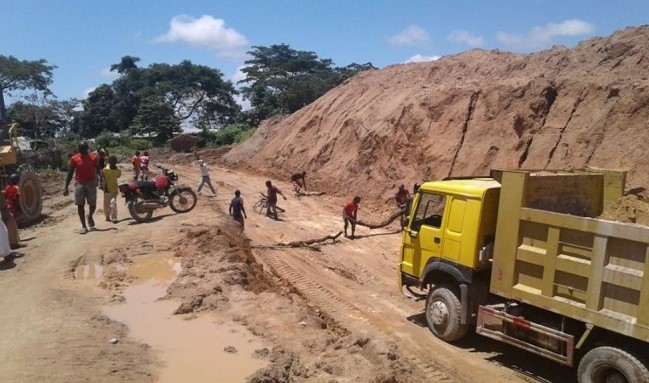
The report, titled “Mining Practices in Ezillo and Ikwo Communities of Ebonyi State: An Environmental Time Bomb,” was publicly unveiled at a global briefing jointly organised by the Environmental Defenders Network (EDEN), Renevelyn Development Initiative (RDI) and Africa Just Transition Network (AJTN) and attended by over 60 participants – including legal experts, grassroots organisers, and media professionals.
Field investigations conducted across four communities in the state revealed an absence of Environmental and Social Impact Assessments (ESIA), a legal requirement under Nigerian law. Bypass of due process by the mining firms, signing non-legislative agreements with local elites and exclusion of the broader community in the processes.
At the global launch, Assistant Coordinator of the AJTN, Ciza Mukabaha said that the report revealed a willful non-compliance with national and international legal frameworks, highlighting the devastating impact of pollution, land grabbing, intimidation, and the failure of companies to fulfill community development agreements. These communities deserve justice, compensation, and comprehensive remediation of the damages caused.
Mercia Andrews of the Rural Women Assembly (South Africa) said: “The stories from Ezillo and Ikwo reflect a broader struggle of rural communities across Africa. Organising women and affected people into strong, informed movements is key to reclaiming our land, rights, and future.”
Chima Williams, Executive Director of the Environmental Defenders Network (EDEN), said: “What we see in this report is not just negligence – it is structured impunity. Legal strategies, including class action lawsuits and community litigation are necessary tools to hold violators accountable and secure justice.”
Communities now face severe air and water pollution, infertile soils, declining crop yields, respiratory illnesses, and disrupted livelihoods. Vulnerable groups – especially women, youth, and persons with disabilities – have been entirely excluded from compensation processes and decision-making structures. Meanwhile, state security forces are reportedly used to intimidate community members who resist or speak out.
Philip Jakpor, Executive Director at the Renevelyn Development Initiative, said: “The findings are disturbing and add to the pool of resources available to hold the mining firms to account. The media must rise to its responsibility of amplifying community voices and exposing environmental injustices. Silence in the face of these injustices is as dangerous as the grave situation in the communities.”
In his intervention, Maimoni Ubrei-Joe, Director of Campaigns and Administration at CODAF, explained that the report is intended to ignite not only outrage but also action.
“The people of Ezillo and Ikwo deserve justice, dignity, and a healthy environment to call home.”
Findings in the report include:
· No environmental audits or proper ESIA prior to mining activities.
· Massive land degradation, pollution, and destruction of livelihoods.
· Discriminatory compensation schemes benefiting local elites.
· Use of military/police to suppress dissent.
· Loss of youth and skilled population due to economic collapse.
Earlier, Benin Richard, the Executive Director of CODAF, pointed out that the field investigations were necessitated by the grave reports the organisation was getting from host communities where mining was causing largely undocumented impacts.
The group recommended the conduct of Independent Environmental Audits including
post-impact assessments to quantify damage and guide restoration, Fair and Inclusive Compensation for the locals that align with international standards such as the World Bank’s OP 4.12. It also demanded inclusive community engagement that must take into cognisance the position of women, youth, and marginalized groups in all negotiations and agreements.
Others are Implementation of resettlement and livelihood programs and enforcement of environmental laws which must center on upholding Nigerian and international frameworks including the ADB Safeguard Policy.

